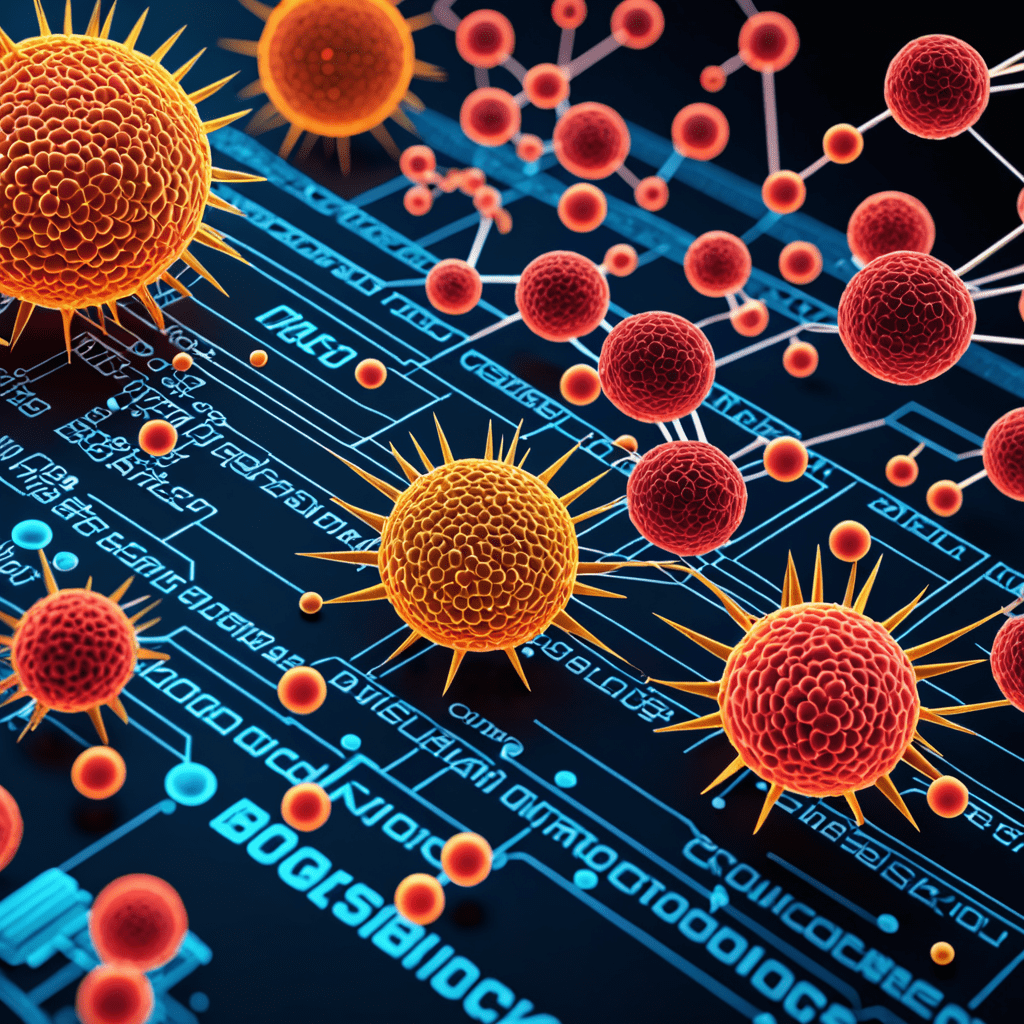
The Fascinating World of Epigenomics Research in Biotechnology and Bioinformatics
Advancements in biotechnology and bioinformatics have revolutionized the field of epigenomics research, shedding light on the intricate mechanisms that control gene expression and regulation.
Understanding Epigenomics
Epigenomics refers to the study of all the chemical modifications to the DNA and its associated proteins that can influence gene expression without altering the underlying genetic code. These modifications play a crucial role in various biological processes, including development, differentiation, and disease.
The Role of Biotechnology
Biotechnology plays a vital role in epigenomics research by providing tools and techniques to analyze and manipulate epigenetic modifications. Technologies like next-generation sequencing and CRISPR-Cas9 have enabled researchers to study epigenetic patterns on a genome-wide scale and to manipulate specific epigenetic marks.
Benefits of Epigenomics Research
Epigenomics research has significant implications for human health, as it helps in understanding the molecular basis of complex diseases such as cancer, neurological disorders, and autoimmune conditions. By identifying aberrant epigenetic patterns, researchers can develop targeted therapies for these diseases.
Challenges in Epigenomics
Despite its promise, epigenomics research also faces challenges, including the complexity of epigenetic regulation, the need for advanced computational methods to analyze large datasets, and the ethical implications of epigenome editing.
Integration of Bioinformatics
Bioinformatics plays a crucial role in epigenomics research by providing computational tools for data analysis, visualization, and interpretation. By integrating bioinformatics approaches, researchers can uncover hidden patterns in epigenomic data and gain insights into the regulatory networks governing gene expression.
Future Directions
The future of epigenomics research lies in the development of novel technologies for studying epigenetic modifications in single cells, the exploration of epigenetic dynamics during development and disease progression, and the translation of epigenetic discoveries into clinical applications for personalized medicine.
Biotechnology and Bioinformatics: Epigenomics Research FAQ
What is Epigenomics research in biotechnology and bioinformatics?
Epigenomics research focuses on studying changes in gene expression that are not caused by alterations in the DNA sequence itself. It explores how external factors can influence gene activity, impacting health and disease outcomes.
How is biotechnology utilized in Epigenomics research?
Biotechnology plays a crucial role in Epigenomics research by providing tools and techniques to analyze and manipulate epigenetic markers, such as DNA methylation and histone modifications. These technologies help researchers understand how epigenetic changes affect gene regulation.
What is the significance of bioinformatics in Epigenomics research?
Bioinformatics is essential in Epigenomics research as it involves processing and analyzing large amounts of epigenetic data efficiently. Bioinformatics tools help researchers identify patterns in epigenetic modifications, link them to gene expression, and uncover potential biomarkers for diseases.
How does Epigenomics research contribute to medical advancements?
Epigenomics research has the potential to revolutionize medicine by providing insights into how lifestyle, environment, and genetics influence health. Understanding epigenetic mechanisms can lead to the development of targeted therapies for various diseases and facilitate personalized medicine approaches.
What are some current challenges in Epigenomics research?
Challenges in Epigenomics research


